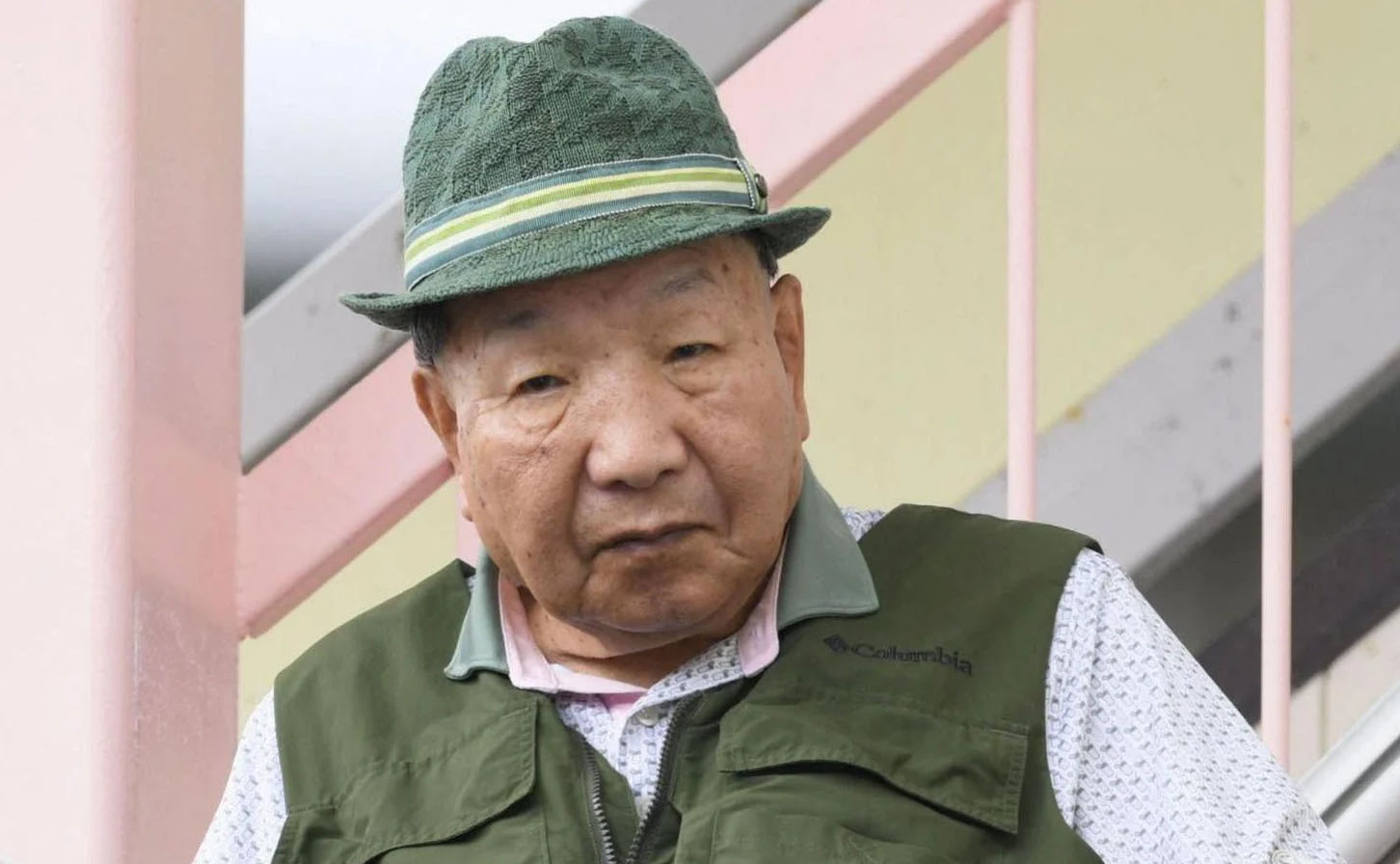
Photo Credit: Getty Images
Iwao Hakamata, who spent more than five decades on death row, was acquitted by a Japanese court on September 12, 2024. Hakamata, now 88, was sentenced to death in 1968 for the murder of a family, a case that has long drawn global attention due to claims of forced confessions and fabricated evidence. Hakamata's release comes after a marathon legal battle and significant new evidence that cast doubt on his guilt.
A former professional boxer, Hakamata was arrested in 1966 after his boss and his family were found murdered in their home. Following days of intense police interrogation, he initially confessed to the crime but later recanted, claiming his confession was coerced. Despite his pleas, he was sentenced to death based on stained clothing and his admission, which he later said was given under duress.
Hakamata's case took a pivotal turn when DNA testing on the bloodstained trousers used as evidence revealed no match to either Hakamata or the victims. This prompted a retrial, which finally resulted in his acquittal. His mental health, however, has deteriorated after years in solitary confinement. His sister, Hideko, who campaigned tirelessly for his freedom, expressed joy at the ruling but noted that her brother now lives in his own world due to his long imprisonment.
The case has reignited debates about Japan's criminal justice system, particularly its reliance on confessions and the death penalty. Japan remains one of the few G7 countries that still retains capital punishment, despite international calls for reform. Hakamata's exoneration has spotlighted the flaws in a system that many believe is long overdue for change.
















